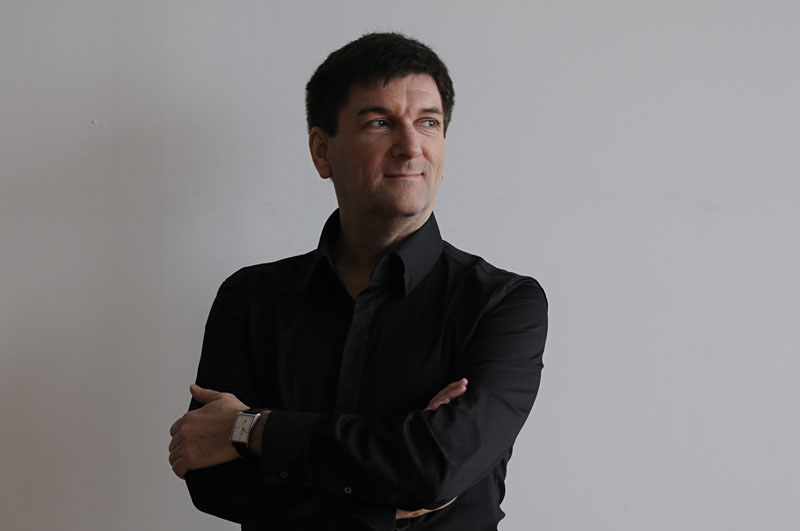Over the years, the Seattle Chamber Music Society, in either its summer or winter festivals, has almost never included any pre-1750 music. That Seattle has such a big early-music scene is both an argument for this programming strategy (why play music other local ensembles already cover expertly?) and against it (there’s an eager fan base). So it was startling to see, in the Winter Festival lineup for the next two weekends, a whole concert of nothing but Bach’s six “Brandenburg” concertos (7 p.m. Thurs., Jan. 24). His most popular orchestral works, they’re seldom heard consecutively, since he composed each one for a different combination of players, requiring a cast of thousands. (Well, a cast of 20.) Harpsichordist Luc Beausejour (pictured) will anchor the changing ensembles in his SCMS debut. Come to think of it, I believe the harpsichord itself, the traditional keyboard instrument for baroque music, may be making its SCMS debut. Beausejour is also playing a recital all by himself (6:30 p.m. Fri., Jan. 25), featuring music by Couperin, Rameau, and Scarlatti, the inventive and expressive peak of the instrument’s repertory. Other highlights of the six Festival concerts: Steve Reich’s musical memoir Different Trains for string quartet and electronics; Shostakovich’s gnarly but elegiac 1975 Viola Sonata, his last work; Bartok’s visceral Sonata for Two Pianos and Percussion with the Seattle Symphony’s first-rate timpanist, Michael Crusoe; and a number of works by Benjamin Britten to mark his upcoming centennial. Benaroya Recital Hall, Third Avenue and Union Street, 283-8808. Single tickets $10–$45. Jan. 18–20 and 24–26; see seattlechambermusic.org for exact schedule.
Over the years, the Seattle Chamber Music Society, in either its summer







